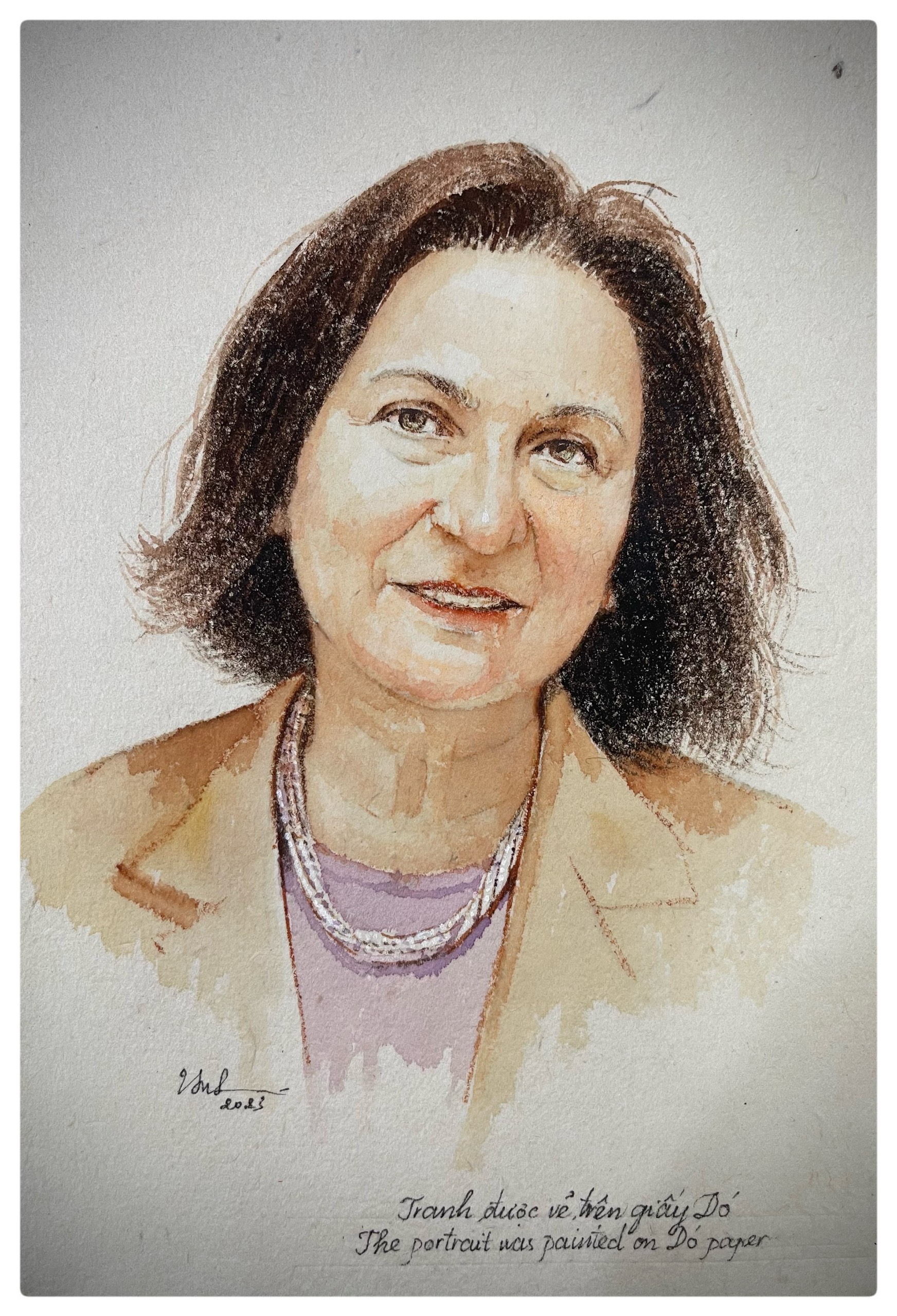AFFILIATION
Rockefeller University, USA
SUMMARY OF WINNING ENTRY
Discovering the role of glucagon-like peptide-1 (GLP-1), paving the way to widely used treatments for diabetes and obesity and stimulating emerging applications for neurodegenerative diseases
Associate Professor Svetlana Mojsov has made significant breakthroughs in identifying functional isoforms of glucagon-like peptide 1 (GLP-1), leading to extensive research and development of GLP-1-based therapies. During her time at Massachusetts General Hospital in 1986, Associate Professor Mojsov, in collaboration with Professor Joel Habener and Daniel Joshua Drucker, discovered various GLP-1 isoforms, including GLP-1 (1-37), GLP-1 (1-36), GLP-1 (7-37), and GLP-1 (7-36). This achievement stemmed from her dedicated efforts in isolating specific antibodies for this peptide. In the same year, she also published a pivotal study revealing the presence of GLP-1 (1-37) in the rat gut, contributing significantly to the field’s advancement. Following this, in 1987, she worked alongside Professor Habener and Dr. Gordon Weir to demonstrate, for the first time, the insulin-stimulating effects of GLP-1 (7-37) in a perfused rar pancreas model. Mojsov’s work in elucidating the physiological and endocrinological roles of GLP-1 has laid the groundwork for the development of medications and clinical trials using GLP-1, offering new therapeutic avenues to combat obesity and diabetes, and improving the health of millions worldwide.
SCALE OF IMPACT
These significant advancements related to the GLP-1 endocrine process have laid the foundation for powerful therapies for Type 2 diabetes, obesity and short bowel syndrome, impacting over 100 million people with type 2 diabetes, more than 1 billion individuals with obesity, and over 3 million with short bowel syndrome. In 2023, there were more than 20 million doses of GLP medication used globally. Additionally, the exploration of the physiological mechanism of GLPs has propelled the research and development of new treatments for cardiovascular diseases and many neurodegenerative conditions, including Alzheimer’s, Parkinson’s, and Huntington’s diseases, all of which being among the leading causes of death globally. In the case of Alzheimer’s disease, one of the most common neurodegenerative conditions, GLP-1 medication could slow the progression of Alzheimer’s disease, offering new hope for over 55 million patients worldwide.
MEANINGFUL CHANGE
The seminal work of Professor Daniel Johsua Drucker, Joel Francis Habener, Jens Juul Holst, and Svetlana Mojsov has brought breakthrough impacts to the fields of endocrinology, metabolism, and gastroenterology. The translation of their discoveries on GLP-1 and DDP-4 biology into clinical medical solutions has transformed treatment methods for various diseases, thereby contributing to building a healthier world. Their work is a testament to the transformative power of innovative scientific discovery and the potential of these discoveries in shaping treatment methods and healthcare solutions.








